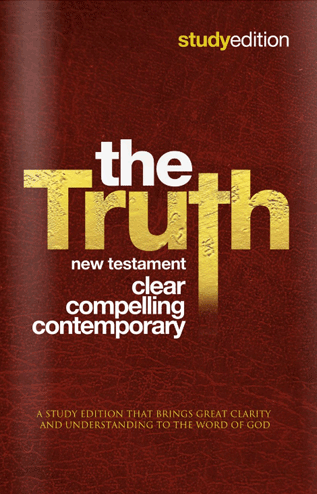I am grateful to Healing on the Streets (HOTS) Bath for linking from their home page to my earlier post God can heal, but not to meet advertising standards, which they describe as “some good Christian wisdom”. That post was a response to the Advertising Standards Authority’s ruling that HOTS Bath must not claim publicly that God heals today, physically and not only spiritually.
I was interested to look at some of the other material currently linked to from the same HOTS Bath home page, in a section also responding to the ASA ruling. In particular, they link to a proper scientific paper providing evidence that God heals today, physically, in response to Christian prayer. The paper is entitled Study of the Therapeutic Effects of Proximal Intercessory Prayer (STEPP) on Auditory and Visual Impairments in Rural Mozambique, by “Brown, Candy Gunther PhD; Mory, Stephen C. MD; Williams, Rebecca MB BChir, DTM&H; McClymond, Michael J. PhD”, and is published in Southern Medical Journal: September 2010 – Volume 103 – Issue 9 – pp 864-869.
The research for this paper was done in Mozambique, at mass meetings sponsored by Iris Ministries (founded by Rolland and Heidi Baker) and Global Awakening. The authors tested the hearing or eyesight of people coming forward for healing and tested them again after prayer. They found statistically significant improvements in both hearing and eyesight. There is an extremely small probability that these were merely chance improvements or measurement errors. A suggestion or placebo effect cannot be ruled out, but the improvements are much better than have elsewhere been recorded for suggestion and hypnosis.
It is interesting that the authors write:
Conducting similar studies under controlled clinical conditions in North America would be desirable, yet neither Iris nor Global Awakening claims comparable results in industrialized countries (arguing that “anointing” and “faith” are lower where medical therapies are available) …
I can’t help wondering what results would be obtained if similar measurements were made in industrialized countries at, for example, Todd Bentley or Benny Hinn meetings. These two have also claimed spectacular results in third world countries but would additionally claim comparable results in the USA, and in Benny Hinn’s case other western countries. But, as far as I know, no similar studies have been attempted at their meetings.
Nevertheless, the scientifically demonstrated result that God heals today in Mozambique shows that he is able to do so also in a tent in Florida or on the streets of Bath. This also suggests the veracity of reports that he has actually done so, even if the frequency of such occurrences is less than in Africa.
HOTS Bath also links to the newly formed Global Medical Research Institute, which
seeks to apply the rigorous methods of evidence-based medicine to the study of Christian spiritual healing practices, including the widespread practice of proximal intercessory prayer (PIP).
There is also a link to a book to be published shortly by Harvard University Press, Testing Prayer (my link is an affiliate one to your local Amazon store) by Candy Gunther Brown who is also the lead author of the Mozambique paper. From the publisher’s material:
In Candy Gunther Brown’s view, science cannot prove prayer’s healing power, but what scientists can and should do is study prayer’s measurable effects on health. If prayer produces benefits, even indirectly (and findings suggest that it does), then more careful attention to prayer practices could impact global health, particularly in places without access to conventional medicine.
The clear implication of all this is that there is real scientific evidence that healing prayer is effective and a respectable scholarly opinion that it is beneficial. I am sure HOTS Bath are pointing this out in their appeal to the Advertising Standards Authority. Hopefully this will lead them to reconsider their apparent blanket ban on claims that God heals physically today.








